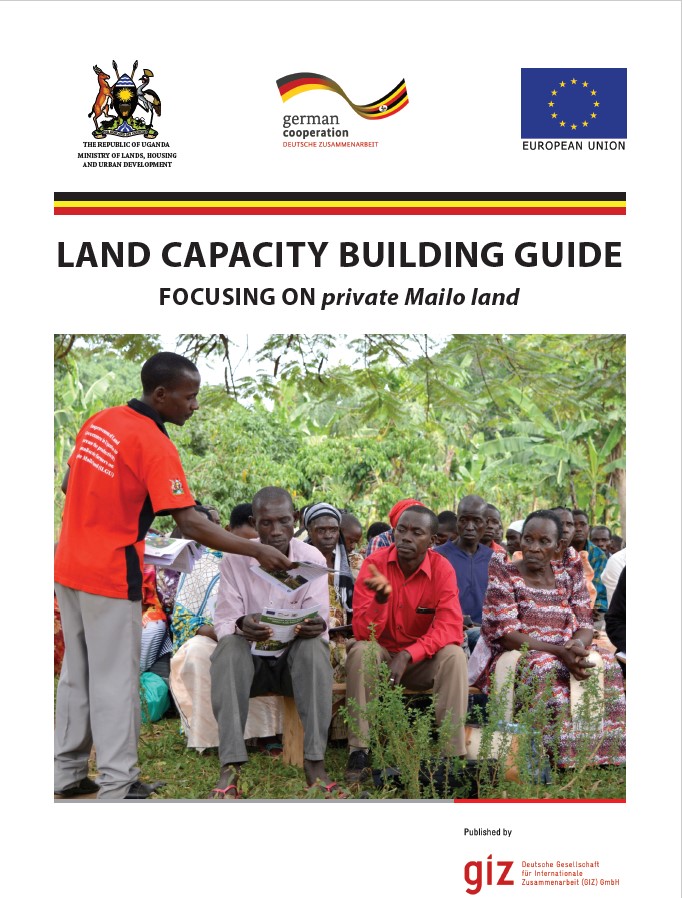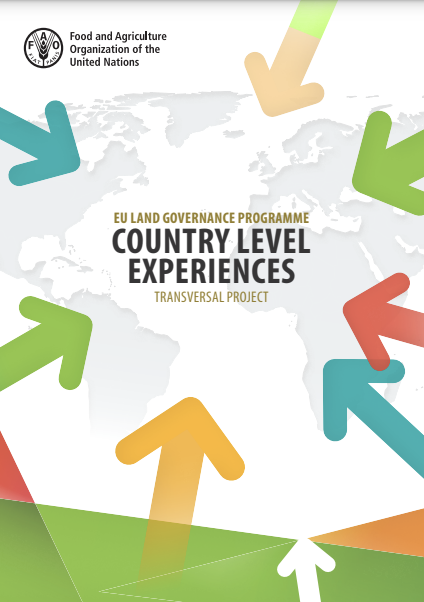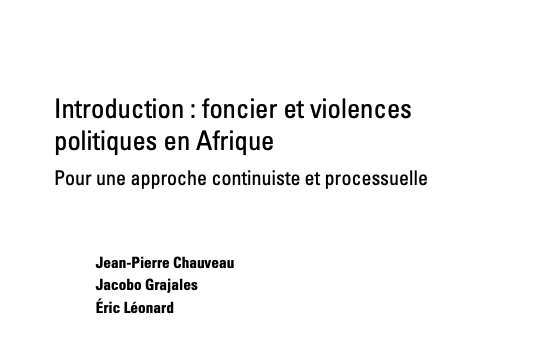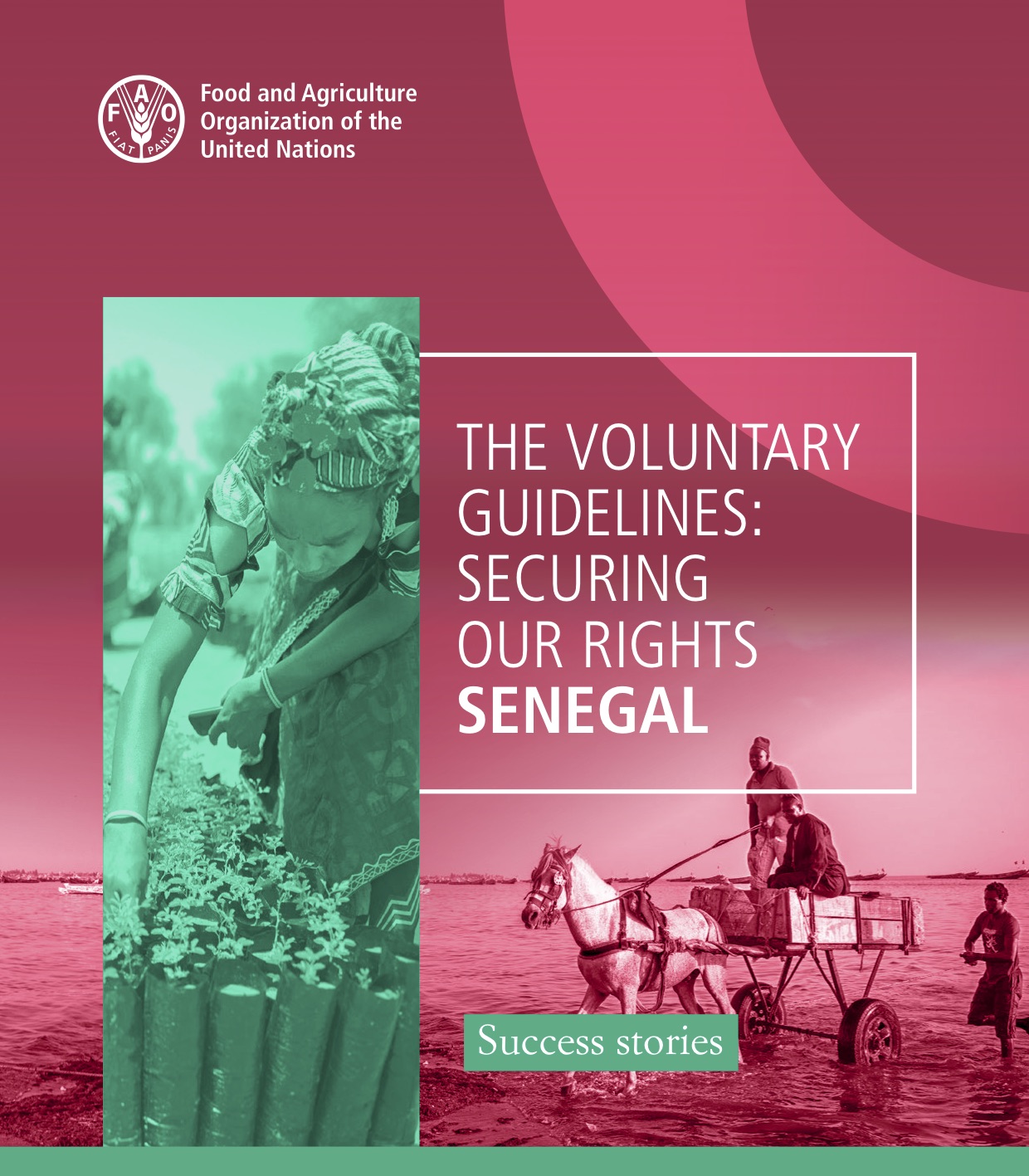Responsible Land Policy in Uganda (RELAPU) is a project implemented by the German International Cooperation (GIZ) and financed by the German Federal Ministry for Economic Cooperation and Development (BMZ). BMZ created the Special Initiative “One World, No Hunger”, aimed at eradicating extreme…
The European Union Land Governance Programme funds 18 individual country-level projects in Africa, Asia and Latin America, all of which address tenure issues, and are implemented alongside various partners, among which are government agencies, civil society organizations, bilateral and…
In recent decades, mechanisms for observation and information production have proliferated in an attempt to meet the growing needs of stakeholders to access dynamic data for the purposes of informed decision-making. In the land sector, a growing number of land observatories are producing data…
Maize has become the second most produced crop in the world. Specifically, in sub-Saharan Africa, global statistics show that more and more land is being used for (small-scale) maize production to meet future food demands. From 2007 to 2017, the area on which maize is grown in sub-Saharan Africa…
En Afrique rurale, la place des tensions autour de la terre et des ressources naturelles dans des conflits armés mettant en danger la sécurité nationale et parfois internationale a attiré l’attention de nombreux observateurs sur les rapports complexes entre foncier et violence politique.…
Cameroon is currently witnessing an unprecedented wave of land-based investments, ranging from natural resources exploitation (oil, mining and gas), logging, large infrastructure building, etc. These developments happen in a context of population growth, in an increase in the domestic demand for…
The purpose of this study is to explore the challenges of women on land rights, in Tanzania customary practices often required woman to access land through their fathers, brothers, husbands or other men who control the land, so this makes women vulnerable and decreases agricultural productivity…
Land use development and transformation in informal settlements have been taking place because informal settlements have been alternative way of providing affordable housing to low income people. Many governments use strict regulations to deny informal settlements from infrastructure services…
Innovative technologies for land governance can promote clear land tenure and effective land administration, reduce corruption, and support economic growth. Mobile technologies offer real-time access to information and open communication between people and government services. These technologies…
The increasing population pressure in the rural areas of Sub-Saharan Africa has caused land degradation as well as an increase in the number of landless farmers. To promote a conservation-oriented utilization of communal lands and increase the livelihood of poor farmers, the Ethiopian government…
Vegetation activity in many parts of Africa is constrained by dynamics in the hydrologic cycle. Using satellite products, the relative importance of soil moisture, rainfall, and terrestrial water storage (TWS) on vegetation greenness seasonality and anomaly over Africa were assessed for the…
The guide will serve as documentation of the lessons learnt from the experiences of making use of the VGGT and in Senegal. As stakeholders from countries, such as Guinea, Mali and Mauritania seek inspiration from Senegal to improve governance of tenure in their own country context, this document…








